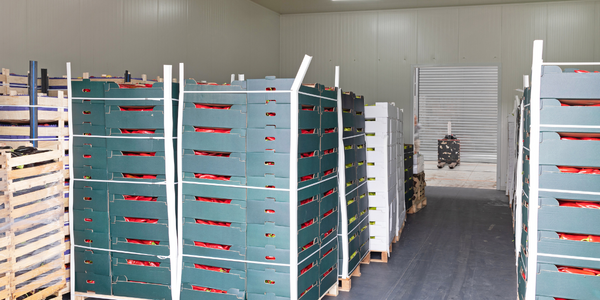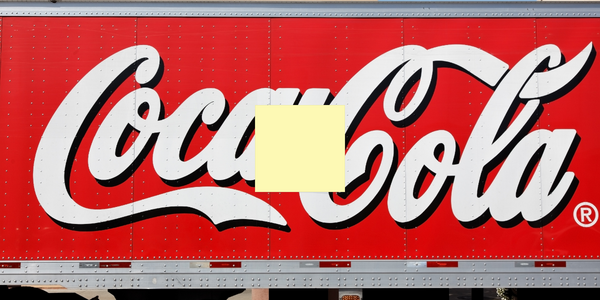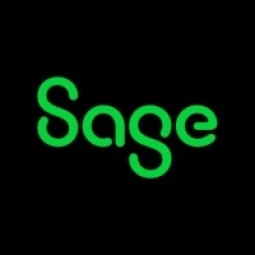Download PDF
Sage ERP X3 spices up the recipe for success at Belmont Meats
Technology Category
- Functional Applications - Enterprise Resource Planning Systems (ERP)
Applicable Industries
- Food & Beverage
Applicable Functions
- Discrete Manufacturing
- Procurement
Use Cases
- Manufacturing System Automation
- Inventory Management
Services
- System Integration
The Challenge
Belmont Meats Ltd., a manufacturer, processor, and distributor of quality meat products, was running its operations on an aging AS/400 system. The system was no longer sufficient for the company's needs as it lacked robustness and was not designed for the food industry. The company needed an ERP system that was easy to use, fast to implement, cost-effective, and had local support. The company also required a system that could support its unique manufacturing activities, which included process manufacturing and yield-based manufacturing. The company also needed a system that could provide complete forward and backward lot traceability for each ingredient and finished item, as well as shelf-life management with expiration date control.
About The Customer
Belmont Meats Ltd. is a manufacturer, processor, and distributor of quality meat products. The company’s burgers and steaks are sold in the restaurants and stores of some of the biggest names in business. With annual revenues exceeding $100 million and an unmatched reputation for quality, value, and service, Belmont Meats knows how to run a successful business. The company is headquartered in Toronto, Ontario. The company's manufacturing activities are unique in that some of its products follow a process manufacturing model, using recipes of ingredients that combine to make the finished product. Other products are yield-based, with variable pounds of a raw ingredient netting some number of ready-to-sell items.
The Solution
Belmont Meats selected Sage ERP X3 to grow its business. The ERP system was implemented in just four months with the help of a local Sage business partner. The software supports the company’s varied manufacturing models and the complex costing and distribution channels. The sophisticated inventory management functionality within Sage ERP X3 ensures that products are accurately procured, tracked, and accounted for throughout the production process. The software also provides complete forward and backward lot traceability for each ingredient and finished item, as well as shelf-life management with expiration date control. The company also makes good use of the multicurrency features in Sage ERP X3 and the ability to easily transfer products between warehouse locations.
Operational Impact
Related Case Studies.

Case Study
The Kellogg Company
Kellogg keeps a close eye on its trade spend, analyzing large volumes of data and running complex simulations to predict which promotional activities will be the most effective. Kellogg needed to decrease the trade spend but its traditional relational database on premises could not keep up with the pace of demand.

Case Study
HEINEKEN Uses the Cloud to Reach 10.5 Million Consumers
For 2012 campaign, the Bond promotion, it planned to launch the campaign at the same time everywhere on the planet. That created unprecedented challenges for HEINEKEN—nowhere more so than in its technology operation. The primary digital content for the campaign was a 100-megabyte movie that had to play flawlessly for millions of viewers worldwide. After all, Bond never fails. No one was going to tolerate a technology failure that might bruise his brand.Previously, HEINEKEN had supported digital media at its outsourced datacenter. But that datacenter lacked the computing resources HEINEKEN needed, and building them—especially to support peak traffic that would total millions of simultaneous hits—would have been both time-consuming and expensive. Nor would it have provided the geographic reach that HEINEKEN needed to minimize latency worldwide.

Case Study
Energy Management System at Sugar Industry
The company wanted to use the information from the system to claim under the renewable energy certificate scheme. The benefit to the company under the renewable energy certificates is Rs 75 million a year. To enable the above, an end-to-end solution for load monitoring, consumption monitoring, online data monitoring, automatic meter data acquisition which can be exported to SAP and other applications is required.

Case Study
Coca Cola Swaziland Conco Case Study
Coco Cola Swaziland, South Africa would like to find a solution that would enable the following results: - Reduce energy consumption by 20% in one year. - Formulate a series of strategic initiatives that would enlist the commitment of corporate management and create employee awareness while helping meet departmental targets and investing in tools that assist with energy management. - Formulate a series of tactical initiatives that would optimize energy usage on the shop floor. These would include charging forklifts and running cold rooms only during off-peak periods, running the dust extractors only during working hours and basing lights and air-conditioning on someone’s presence. - Increase visibility into the factory and other processes. - Enable limited, non-intrusive control functions for certain processes.

Case Study
Temperature Monitoring for Restaurant Food Storage
When it came to implementing a solution, Mr. Nesbitt had an idea of what functionality that he wanted. Although not mandated by Health Canada, Mr. Nesbitt wanted to ensure quality control issues met the highest possible standards as part of his commitment to top-of-class food services. This wish list included an easy-to use temperature-monitoring system that could provide a visible display of the temperatures of all of his refrigerators and freezers, including historical information so that he could review the performance of his equipment. It also had to provide alert notification (but email alerts and SMS text message alerts) to alert key staff in the event that a cooling system was exceeding pre-set warning limits.

Case Study
Coca-Cola Refreshments, U.S.
Coca-Cola Refreshments owns and manages Coca-Cola branded refrigerators in retail establishments. Legacy systems were used to locate equipment information by logging onto multiple servers which took up to 8 hours to update information on 30-40 units. The company had no overall visibility into equipment status or maintenance history.





